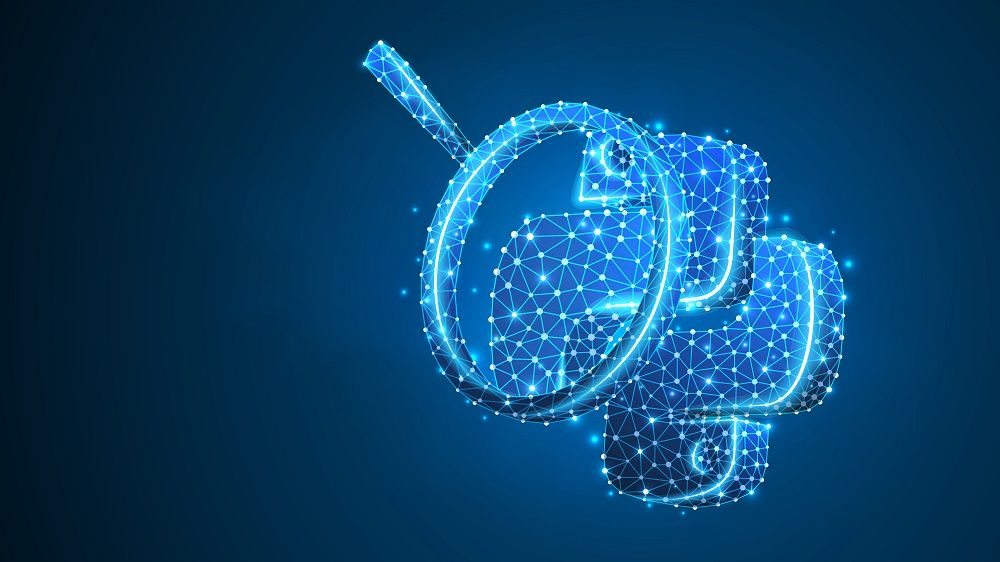What are the Python Functions, Modules, and Packages?

For those who want to run small Python code snippets, it is a good idea to use the Python interpreter. However, once you quit the interpreter and return, the functions, variables, etc. which were defined earlier would be lost. This is why it is preferable to run Python scripts, which is used to write programs and store the code for a long time. They can also be run multiple times without the possibility of getting lost. This file is then prepared and passed on as input to the interpreter. However, when a program crosses thousands of lines of code, it is difficult to maintain and locate the functions or variables. Grouping functions that serve similar purposes ensures that the readability of the overall program is enhanced.
With this background, let us walk you through the meaning of Python, its functions, modules, and packages. Towards the end, you’ll also learn about different Python certification courses, and Python modules vs. packages, among other things.
What is Python?
Python is a general-purpose computer programming language which is mostly used to build websites and software, automate tasks, and conduct data analysis. Python can be used to make a variety of different programs but is not specialized. It is due to this versatility and the fact that Python is beginner-friendly, that it is one of the most-used programming languages in current times. Now that we know what Python is, let’s take a look at Python functions in the next section.
What Are Python Functions?
There are various types of Python functions. Python is used to develop websites and software, automate tasks, data analysis and visualization. The wide application of Python functions is due to the fact that it is easy to learn, and therefore, has been adopted by even non-programmers for a variety of Python functions. Some common Python functions are given below.
Data Analysis and Machine Learning
One of the most common Python functions is that it is a staple in data science today. It helps data analysts and professionals in this field to conduct complex statistical calculations, create data visualizations, build machine learning algorithms, manipulate and analyse data, and complete other data-related tasks. It is therefore an important part of all data science and data analytics courses. One can also undertake Python certification courses. Data analytics and data science courses can help you understand Python better and ensure that you are prepared for a career in this field.
Web Development
Python is also used to develop the back end of a website or application. It helps in sending data to and from servers, processing it, and communicating with databases, etc. This is also one of the things that a Python certification course includes.
What Are Python Modules?
One of the best features of Python is that it enables one to pack of all similar functions or variable definitions in a single file. These can then be used in other Python scripts or interpreters as well. These files in Python are Python modules. The functions or variables can be imported from a module directly using the import statement into others. To explain more about what Python modules are, one module has tons of statements and function definitions. For a script to be a module, it is important that the file name is the name of the module with an extension of .py. Inside the module, it is possible to access the name of the module stored automatically as a global variable called __name__. Once you thoroughly understand what Python Modules in are, it becomes possible to reduce the complexities of the program while enhancing efficiency. A Python certification course can help you understand this in detail.
What Are Python Packages?
Let’s now understand what Python packages are. A package is the form of a collection of tools. It helps in initiating a code. Python packages are like a user-variable interface for any source code and can work at a defined time for any functional code in the runtime. Continue reading to know the difference between Python modules vs. packages. It will ensure that you are able to learn and use the program more efficiently after completing a Python certification course.
1. Python packages hold the file __init__.py for each user-oriented code.
2. Python modules are files with Python code in run time for a user-specific code. Python packages modify the user-interpreted code for it to get easily functioned in the run time.
While this is the primary Python modules vs. packages difference, there are a few more. Python packages work on a library, defining the codes as a single unit of any particular function. Python modules are separate libraries themselves, with inbuilt functions. This is how Python modules vs. packages pan out.
Career Path in Python
You can learn Python by undertaking a data science or data analytics course. Emeritus India offers various data science and data analytics courses.







